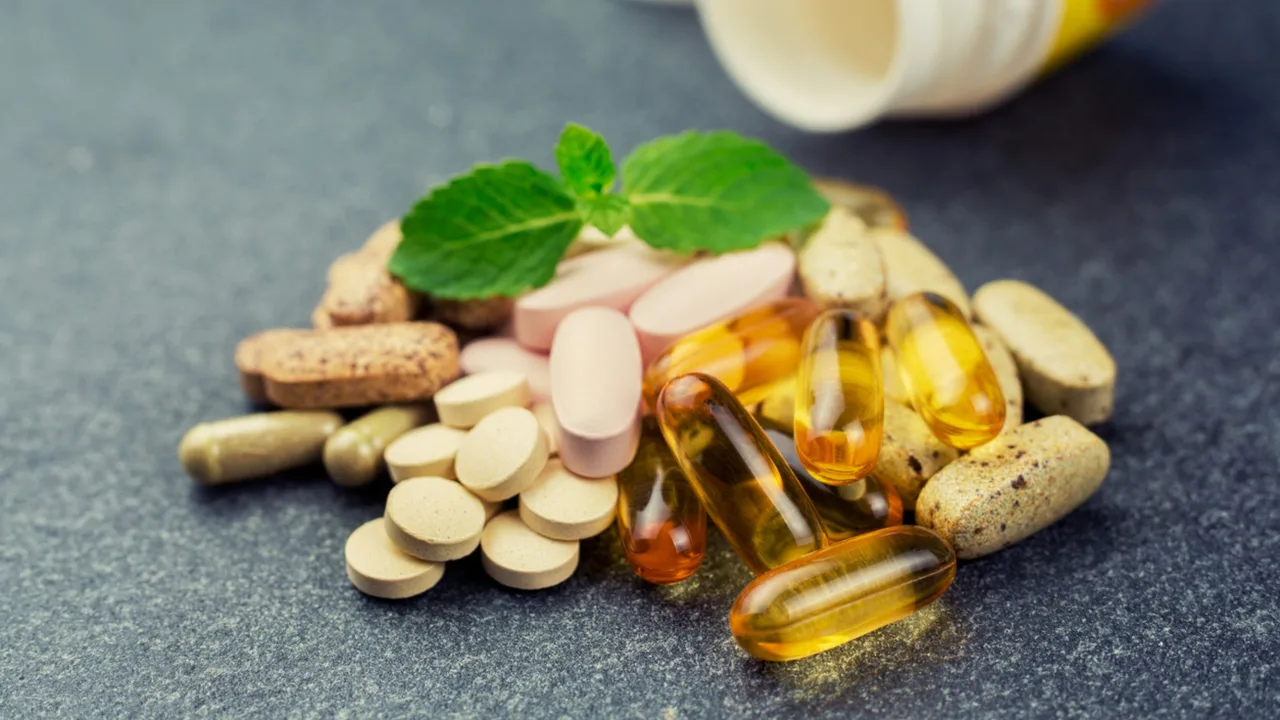Water Germander: Uses, Risks, and Practical Growing Tips
Water germander is a wetland herb in the Teucrium family that people have used traditionally for digestion and mild respiratory relief. If you’ve seen low, glossy-leaved plants along stream banks or in damp meadows, that could be water germander. It’s not a common supermarket herb, so this quick guide helps you recognize it, how people have used it historically, and the safety steps to take before trying it yourself.
Traditional uses are mostly folk remedies: short-term teas or infusions were taken for upset stomach, mild coughs, or as a gentle diuretic. Gardeners grow it for habitat value; bees and other pollinators visit its small flowers. Modern herbalists sometimes include it in blends but use it sparingly because some Teucrium species have been tied to liver injury in clinical reports.
Practical ID and how to grow it
Identify water germander by its preference for wet soil, square stems, opposite glossy leaves, and spikes of small tubular flowers that are often pale. To grow it, plant in consistently moist soil and part sun to light shade. It tolerates heavy clay if drainage isn’t zero. Propagate by seed or division in spring. Keep patches contained—where conditions suit it can spread slowly along wet ground. Harvest leaves before full bloom for best flavor and dry them in a shaded, airy spot.
Safety, interactions, and common sense
Don’t use water germander long-term or in large doses. Several Teucrium species have been linked to liver toxicity; that risk makes cautious use essential. If you have liver disease, drink alcohol regularly, or take medications processed by the liver, talk to your doctor before using any Teucrium product. Avoid during pregnancy and breastfeeding. If you notice jaundice, dark urine, severe abdominal pain, or persistent fatigue after using the herb, stop immediately and seek medical care.
Prepared forms include simple tea, tinctures, and dried leaves. Teas offer a mild effect and are the most common home use. Tinctures concentrate active compounds and increase exposure, so they demand extra caution. Labels for commercial products are sometimes unclear—buy from reputable suppliers and check for third-party testing when you can.
Want to try it in your garden? Use it as a small patch near a pond or rain garden rather than a kitchen herb bed. That keeps it available to wildlife while limiting accidental overuse. For everyday digestive support, safer and better-studied options include peppermint or ginger; save water germander for occasional, informed use.
If you’re curious about studies or case reports that describe risks, a quick search of medical literature for “Teucrium hepatotoxicity” will turn up relevant papers and reviews. Read those summaries and discuss them with a clinician if you plan to use the herb medicinally.
Quick tips: start with very weak tea for one or two days to check tolerance, keep records of any symptoms, avoid combining with other unknown herbal mixes, and label home-made products with date and plant source. If you buy products online, read reviews and check for clear ingredient lists—transparent sellers make safer choices easier.
Stay cautious and curious.

Get Ready to Be Amazed by Water Germander: The Dietary Supplement That's Redefining Health
Are you ready to be amazed and redefine your understanding of health? Join me as we delve into the world of water germander, an extraordinary dietary supplement. We'll uncover its impressive health benefits and why it's becoming a must-have in health conscious individuals' routines. This isn't just a trend — it's a health revolution. Get ready to embrace a healthier lifestyle with water germander.
More Detail